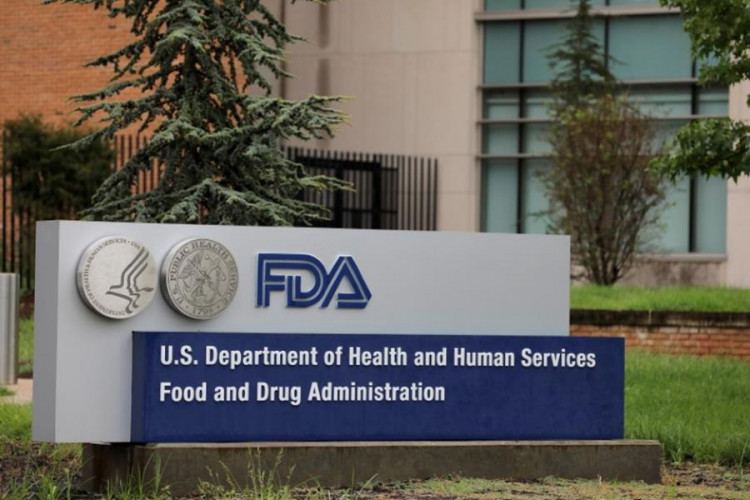The U.S. Food and Drug Administration authorized a booster shot of COVID-19 vaccines from Pfizer and Moderna for people with compromised immune systems, the Associated Press and others reported Friday.
The booster shot authorization comes in the face of mounting evidence that patients do not receive enough protection from the normal two-jab treatment of the two vaccines.
In a statement, FDA Acting Commissioner Dr. Janet Woodcock said the health regulatory agency's action allows physicians to boost immunity in certain immunocompromised people who require an extra level of protection from the virus.
A number of researchers still offer differing views with regards to the broad use of vaccine boosters among individuals with no comorbidities as benefits that boosters can provide are still subject to a rigid evaluation.
The FDA granting of an emergency use authorization (EUA) was formally a revision to the EUA under which mRNA vaccines are already being administered.
The authorization does not apply to Johnson & Johnson's single-shot vaccine, which only some doctors have used in the U.S. compared to the mRNA products.
The FDA announcement has been made as the more transmissible Delta variant wreaks havoc through much of the U.S., causing more infections, hospitalizations, and even fatalities to records unseen since last year.
Reports of new cases among fully immunized individuals and worries about declining levels of protection have prompted rich countries to distribute booster jabs, even as many developing nations grapple with access to vaccine shots.
Propelled by the Delta variant, infections in the U.S. have risen to their highest figures in more than six months, latest pandemic updates indicate.
The amended emergency green light states that the third shot should be administered at least 28 days after the second dose. Pfizer's vaccine is given in two shots at a 21-day interval. Moderna's vaccine is administered in two doses at a 28-day interval.
The FDA authorization only applies to high-risk groups, who are estimated to be no more than 3% of American adults. It does not cover booster shots for the general population.
According to scientists at the Center for Disease Control and Prevention (CDC), people who are immunocompromised are more vulnerable to becoming severely sick from the disease and have a higher chance of getting breakthrough infections.





